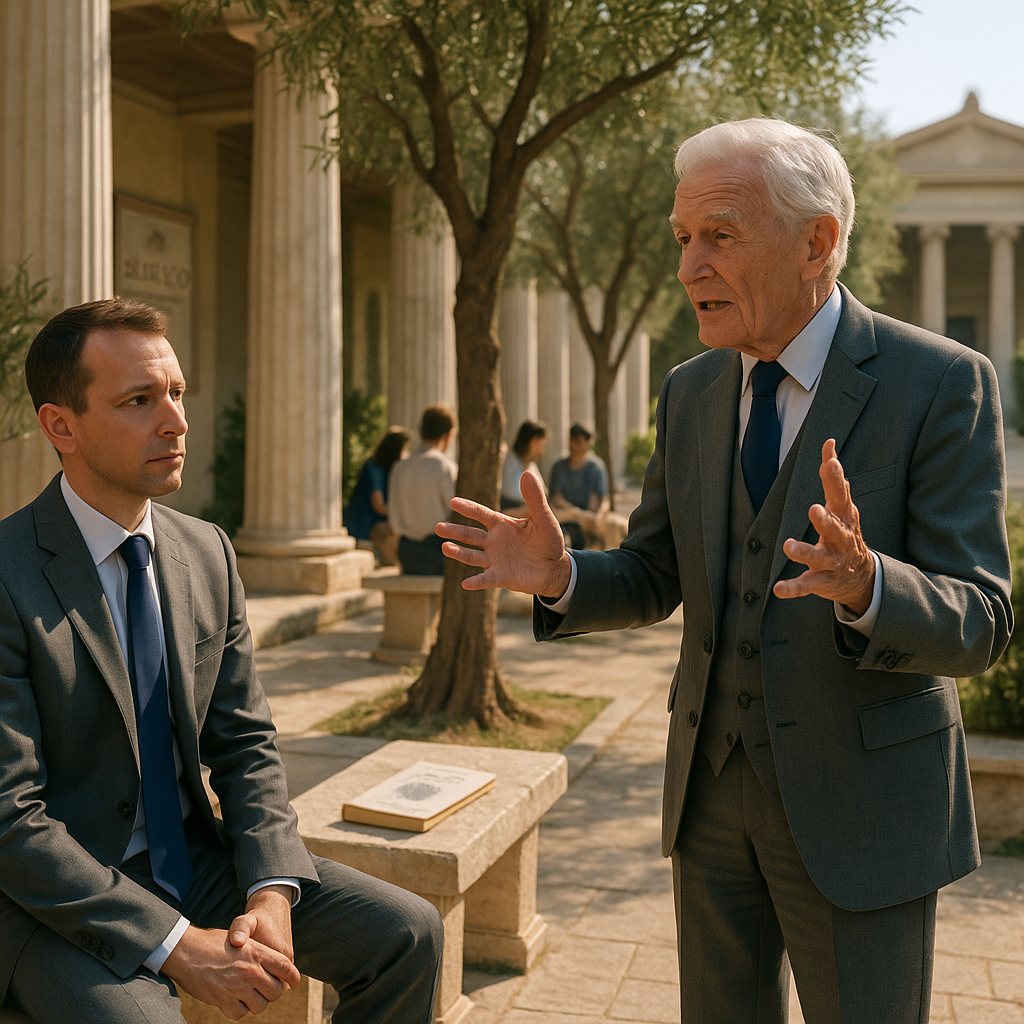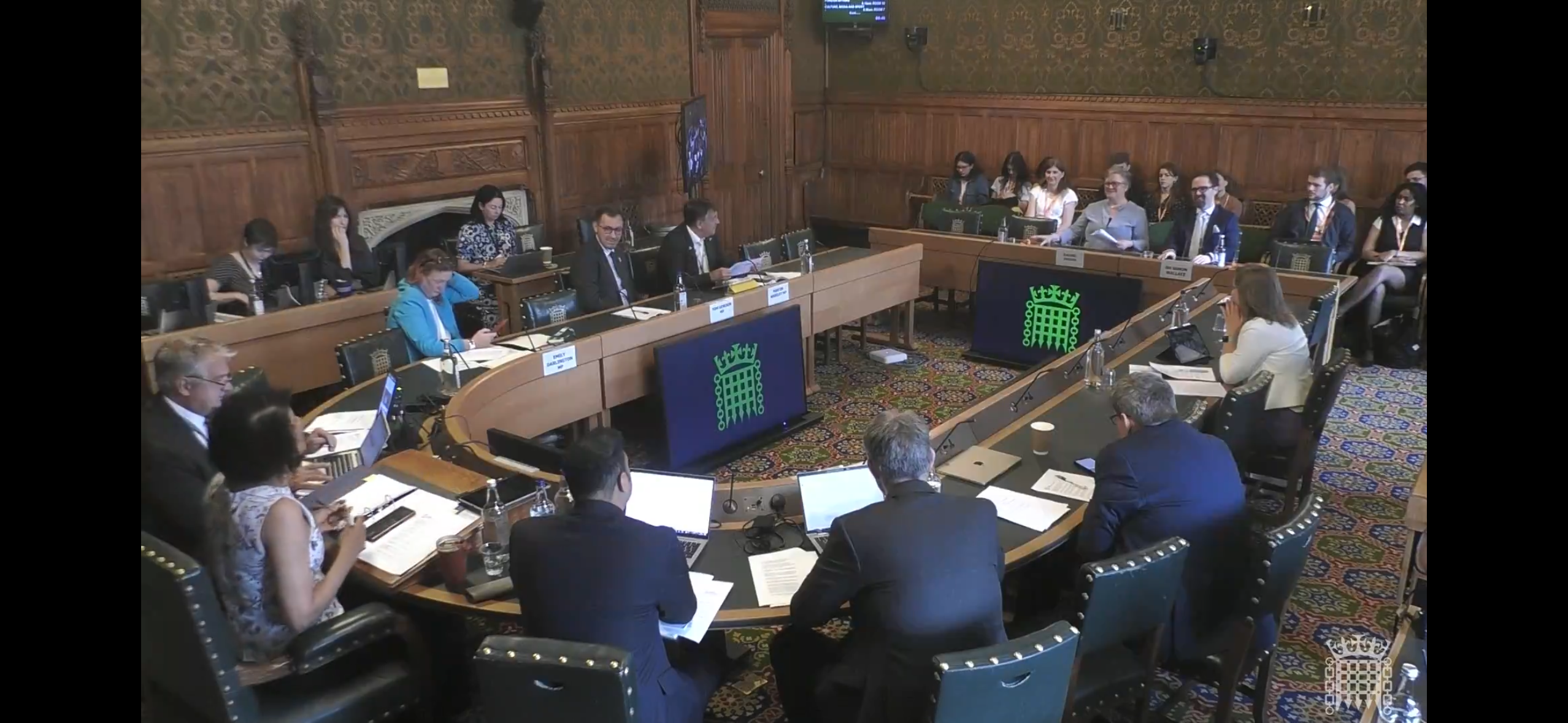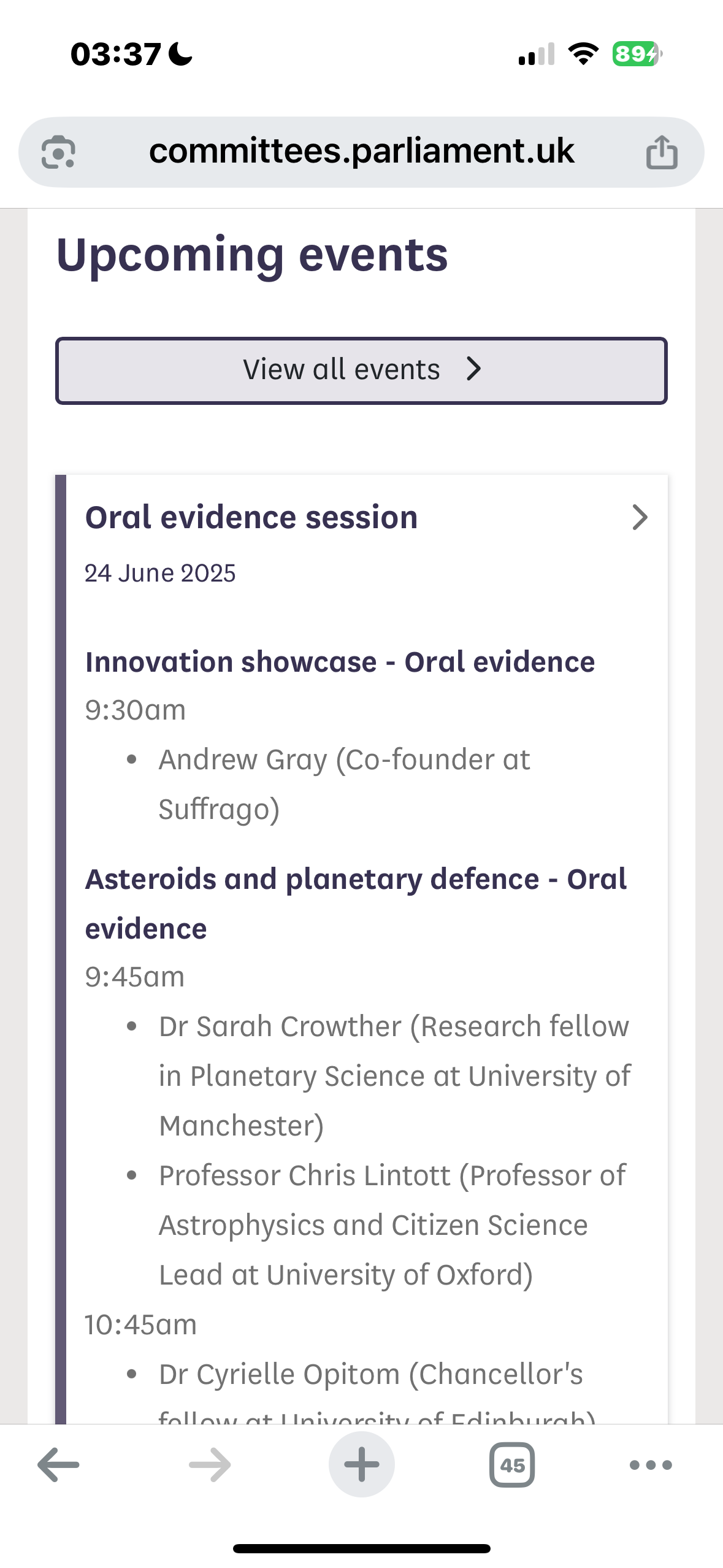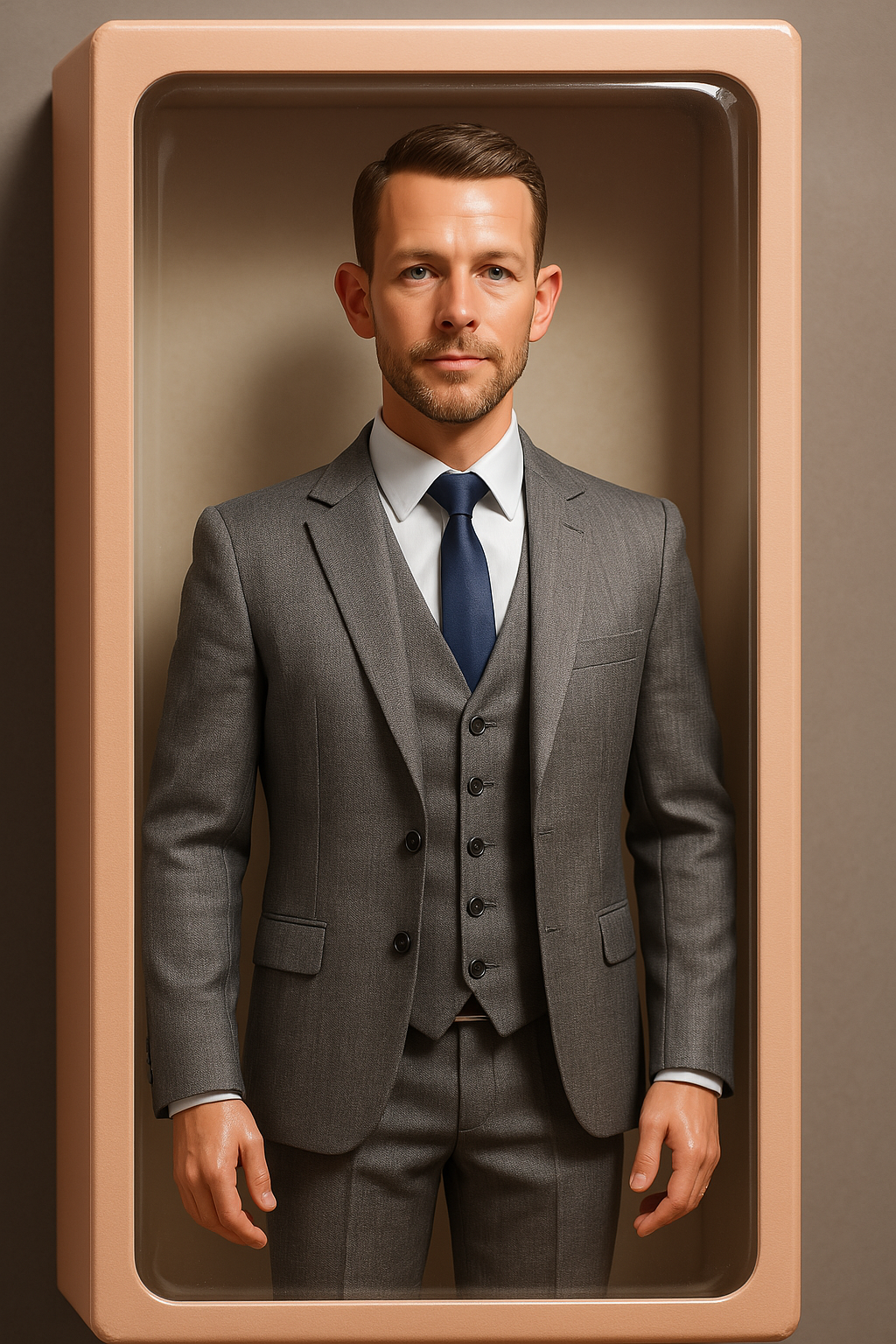Insects, hot water and Covid
Shhh.... I have a secret. Promise not to tell? Last night, I forgot about the NHS clap. I know, I feel dreadful about it. As the clattering – and why [...]
Find out more about my consensus-based technology at Crowd Wisdom Project
Find out more about my consensus-based technology at Crowd Wisdom Project
Shhh.... I have a secret. Promise not to tell? Last night, I forgot about the NHS clap. I know, I feel dreadful about it. As the clattering – and why [...]
Before this crisis, most of us had some sort of work to perform. You might be thinking: what about the retired and the super-rich – surely, they didn’t perform any [...]
In mid-February, I started with a sky-high temperature. After that, I was absolutely shattered for two days. Adhering to governmental instruction, I telephoned 111, and followed their advice: no need [...]
As we roll into our fourth week in lockdown (we started earlier than most because of my wife’s high temperature), my children - 8 and 10 - are the happiest [...]
With the PM fighting for his life, the mantle has been passed to Dominic Raab, a solicitor. Sidestepping the constitutional crisis, given that it is the Queen who appoints a [...]
In a thoughtful piece printed in The Guardian on 2 April 2020, United Nations Secretary-General, Antonio Guterres, argues for a three-pronged approach to tackling the pandemic. To boil it down, [...]
For temporal context, I type this blog as the PM is spending his second night in hospital with coronavirus. As I type this second sentence, Boris has now been taken [...]
I’m not particularly important to the functioning of society, and nor are most people. But that’s OK. This confirmation was made crystal clear by the Department of Education’s recent list [...]
It’s a criminal offence to speed, because when you speed, you are a danger to others. It is a criminal offence to have unprotected sex, as a HIV carrier, if [...]
“And the people stayed home. And read books, and listened, and rested, and exercised, and made art, and played games, and learned new ways of being, and were still. And [...]

Read
This Article

Read
This Article

Read
This Article

Read
This Article
Copyright Andrew Gray of Cosensus Politics Ltd. All rights reserved. Terms & Conditions | Privacy Policy | Cookie Policy
Website by The Micro Agency.
